Introduction: In the realm of music, the legacy of legendary artists continues to captivate audiences long after their passing. With advancements in artificial intelligence (AI), there arises both excitement and ethical dilemmas surrounding the possibility of resurrecting late artists through technology. This article delves into the intersection of AI and music, exploring how AI is being used to recreate the sounds of iconic musicians and the ethical considerations surrounding such endeavors.
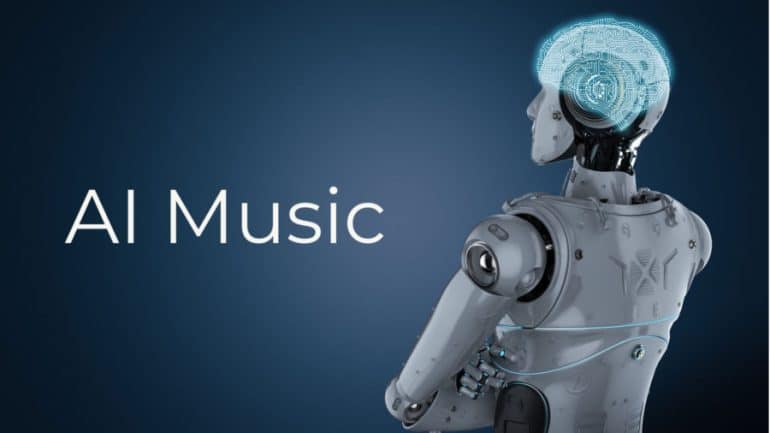
AI in Music Creation: Artificial intelligence has revolutionized the music industry by offering innovative tools for composition, production, and even performance. AI algorithms are capable of analyzing vast amounts of musical data, mimicking the style and techniques of renowned artists. From generating melodies to arranging compositions, AI-powered systems have proven to be invaluable aids for contemporary musicians seeking inspiration and efficiency in their creative process.
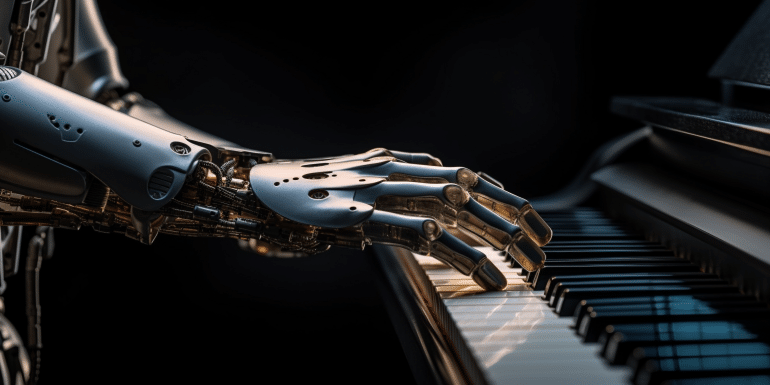
One notable application of AI in music is the creation of “AI-generated” songs that emulate the styles of iconic artists. Companies like OpenAI and Sony have developed AI systems capable of producing original compositions reminiscent of famous musicians such as The Beatles, Beethoven, and even contemporary pop stars. These AI-generated songs showcase the potential of technology to replicate the essence and nuances of beloved artists, sparking discussions about the nature of creativity and artistic authenticity in the digital age.
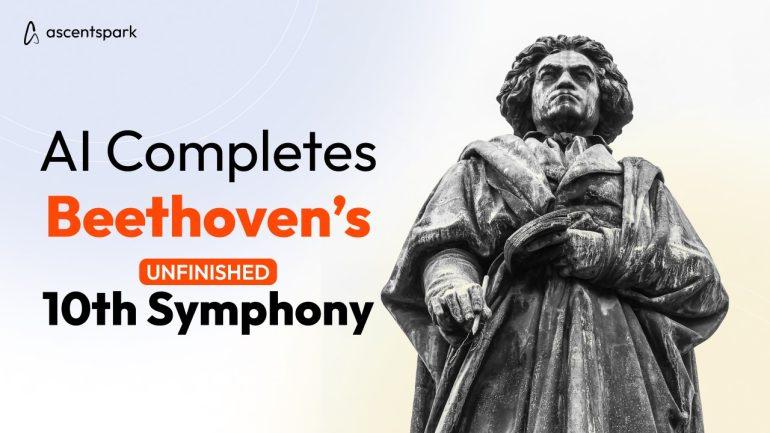
Resurrecting Late Artists: The most controversial aspect of AI in music is its ability to “resurrect” late artists by digitally recreating their voices and performances. Through a combination of machine learning techniques and archival recordings, AI systems can synthesize new songs featuring vocals from deceased artists, effectively bringing them back to life in a virtual sense. This technology has been used to produce posthumous albums and even stage holographic concerts featuring iconic performers like Tupac Shakur and Michael Jackson.
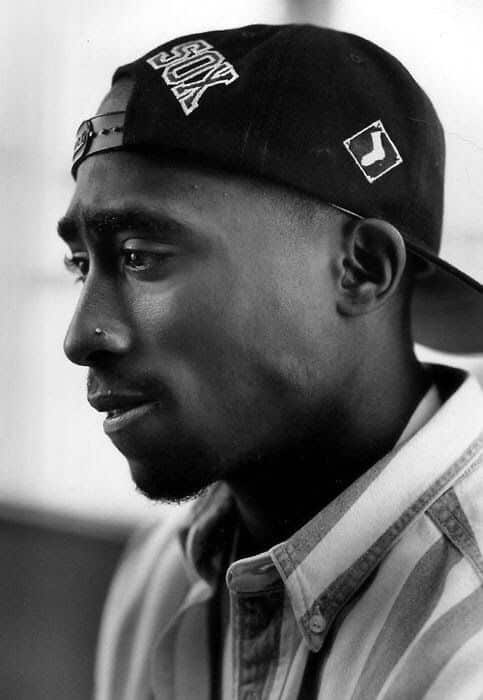
While the concept of resurrecting late artists through AI may seem intriguing to some, it raises significant ethical concerns regarding consent, authenticity, and artistic integrity. Critics argue that manipulating the voices and likenesses of deceased artists for commercial gain diminishes their autonomy and exploits their legacy for profit. Furthermore, there are questions about the authenticity of AI-generated performances and the potential for misrepresentation or distortion of an artist’s true intentions.
Ethical Considerations: The ethical dilemmas surrounding AI in music highlight the need for careful consideration of the implications of technology on artistic expression and cultural heritage. As AI continues to blur the lines between reality and simulation, it is essential to uphold ethical standards that respect the dignity and rights of artists, both living and deceased. Transparency, consent, and accountability must guide the responsible use of AI in music to ensure that the integrity of artistic creations is preserved and that the legacies of late artists are honored with dignity and respect.
The integration of AI in music has ushered in a new era of creative possibilities and ethical complexities. While AI offers unprecedented opportunities to emulate the sounds of iconic artists and push the boundaries of musical innovation, it also presents ethical challenges regarding the boundaries of artistic authenticity and the rights of artists, particularly those who are no longer with us. As we navigate the evolving landscape of AI in music, it is imperative to approach these discussions with sensitivity, empathy, and a commitment to upholding the values of artistic integrity and human dignity.
Click here to listen to some AI generated covers.




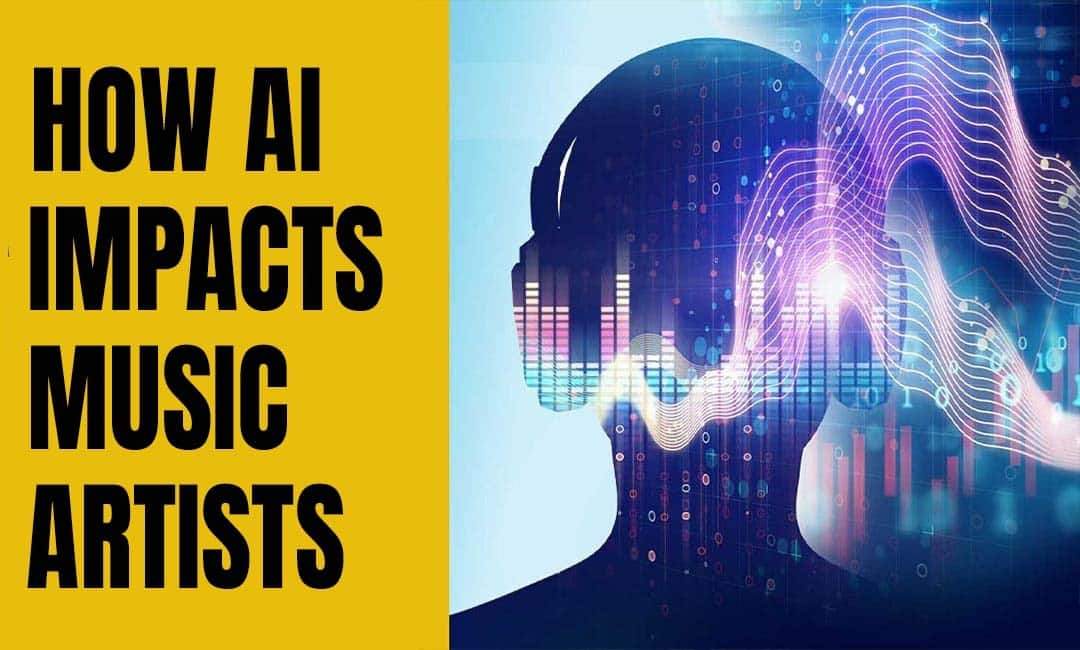

















Post comments (0)